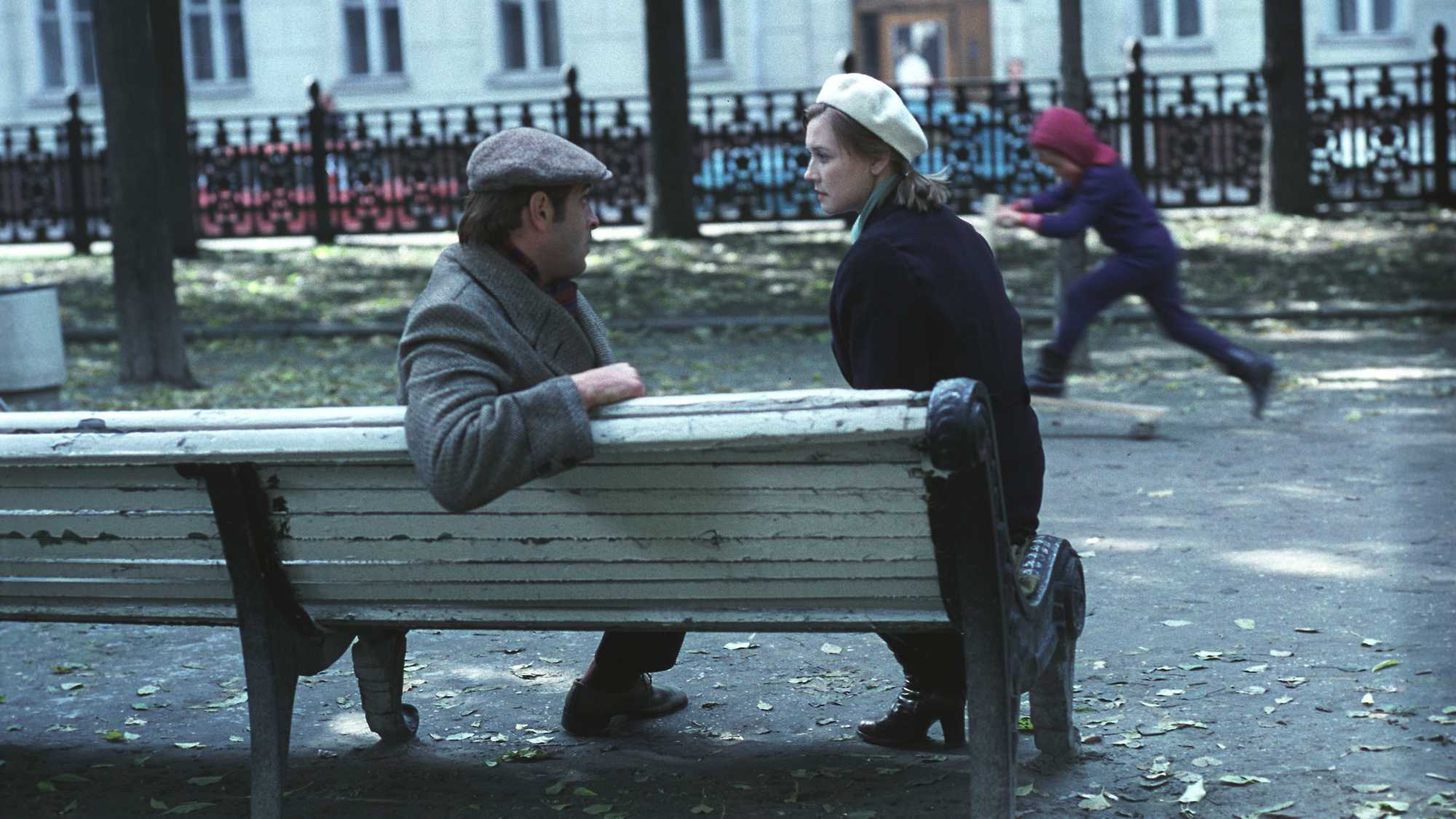This Soviet-era favourite is a loving chronicle of the lives of three feisty provincial girls who emigrate to Moscow in 1958, tracing their romantic and professional lives through 20 years of friendship.

Lively acting, vivacious editing and a deft ironic treatment of a classically naïve storyline make this Academy Award winner a sunburst in the rain.
Screened as part of NZIFF 2018
Moscow Does Not Believe in Tears 1980
Moskva slezam ne verit
Considered charmingly old-fashioned when it arrived in the West in 1980 and won the Oscar for Best Foreign Film, this epic romantic comedy from the USSR stands as a classic now – and remains a refreshingly authentic, propaganda-light window on Moscow life in the Soviet era. A huge hit in its day, Moscow Does Not Believe in Tears is officially the second most attended film the USSR ever produced.
“Three provincial teenage girls, full of the promises of life, come to Moscow to find a fresh beginning, to seek out love and money… They settle into a girls’ dorm and work in a factory. It is the mid-50s and the horizons are limitless. By the film’s conclusion, 20-some years later, the women are still in touch and the scenes are mellow. They have had their romances, their careers, their heartaches. We watch it all through a panorama of Russian lifestyles that are more familiar than foreign, and the experience is comical, warming, engaging and, finally, charming… The ease in storytelling, the sincerity and the individual dramas are conveyed with a romantic sentiment that is never sentimental.” — Ray Loynd, Hollywood Reporter
“There is something so beguilingly innocent about the characters, so intelligent about the performances, so basically interesting about the sociology of Moscow’s working-class class system, and so universal in the romantic relationships, that the movie is hard to resist… The director, Vladimir Menshov, has a light touch, a wry eye for foibles, and an affectionate way with satire.” — Judith Crist, New York Magazine
